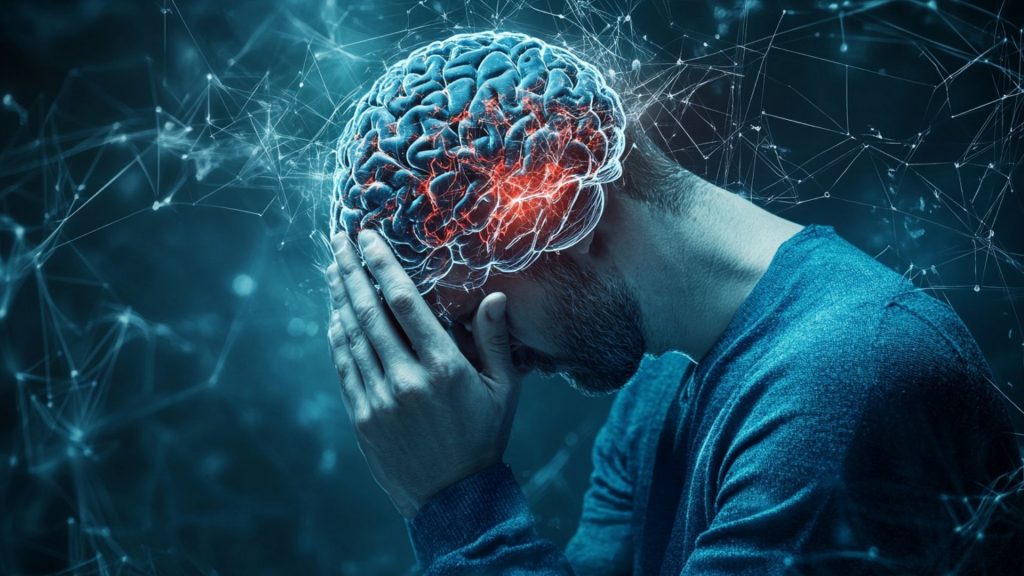
Our brain and nervous system act as the body’s control center, regulating everything from memory and emotions to speech and movement. When this delicate system faces problems, the symptoms are often subtle and easy to mistake for minor health issues. Unfortunately, ignoring these early warning signs can delay diagnosis and treatment of serious neurological disorders. At Oxford Hospital, Jalandhar, we believe that awareness is the first step toward better health. Here are eight key signs that indicate it may be time to consult a neurologist.
1. Persistent or Severe Headaches
While occasional headaches are common, recurring or severe headaches should never be ignored. If you experience headaches that worsen over time, disturb your sleep, or occur with nausea, vision problems, or weakness, they may be linked to conditions such as migraines, aneurysms, brain tumors, or increased intracranial pressure. A neurologist can help identify the root cause through advanced diagnostic tests and recommend effective treatments to provide long-term relief.
2. Sudden Vision Problems
Sudden changes in vision—such as blurriness, double vision, or partial vision loss—can signal optic nerve damage, multiple sclerosis, or even stroke. If these symptoms are accompanied by flashing lights, unusual shapes, or eye pain, it’s crucial to seek medical help immediately. Neurologists use specialized imaging and visual pathway tests to determine the cause and protect your eyesight from further damage.
3. Muscle Weakness or Numbness
Unexplained weakness in your arms, legs, or face, as well as tingling or numbness, may be an indication of nerve-related problems. These symptoms are especially concerning if they affect only one side of the body, as they could point to stroke, multiple sclerosis, peripheral neuropathy, or nerve compression. A neurologist can evaluate these warning signs early to prevent long-term complications and restore mobility.
4. Memory Loss or Confusion
Mild forgetfulness can happen to anyone, but persistent memory lapses, disorientation, mood swings, or trouble solving everyday problems may suggest something more serious, such as Alzheimer’s disease or other forms of dementia. If these symptoms interfere with daily activities or relationships, a neurologist can perform cognitive assessments and brain scans to provide clarity and initiate treatment plans that slow disease progression.
5. Dizziness or Loss of Balance
Frequent dizziness, vertigo, or difficulty maintaining balance can point to inner ear issues, cerebellum dysfunction, or neurological disorders like Parkinson’s disease. If you experience unexplained falls, unsteadiness, or dizziness combined with vision changes or slurred speech, it’s best to consult a neurologist. Timely evaluation can reduce fall risks and improve coordination.
6. Seizures or Unexplained Convulsions
Seizures occur when there is sudden electrical activity in the brain, leading to symptoms like twitching, loss of consciousness, or unusual sensory experiences such as flashing lights or strange smells. Not all seizures mean epilepsy—other possible causes include infections, trauma, or metabolic issues. A neurologist will conduct EEGs, MRIs, and blood tests to find the underlying reason and provide treatment that prevents recurrence.
7. Slurred Speech or Difficulty Talking
Sudden changes in speech, such as slurring, difficulty finding words, or forming incomplete sentences, can be signs of a stroke or transient ischemic attack (mini-stroke). These symptoms are often accompanied by weakness in the limbs or drooping of the face. Since strokes require urgent treatment, anyone experiencing these signs should seek emergency medical attention and follow up with a neurologist for ongoing care.
8. Tremors or Involuntary Movements
Uncontrollable shaking, hand tremors, or unusual repetitive movements may signal neurological conditions like Parkinson’s disease or other movement disorders. If these movements worsen at rest or interfere with daily activities, a neurologist can perform specialized exams and recommend therapies to manage symptoms effectively. Early diagnosis can help slow the progression of movement-related conditions and maintain quality of life.
Why Early Diagnosis Is Critical
Many neurological conditions are progressive, meaning they worsen over time if left untreated. However, early detection gives patients the best chance of managing symptoms and preserving brain and nerve function. With advanced diagnostic tools such as MRIs, CT scans, and nerve conduction studies, neurologists at Oxford Hospital, Jalandhar can identify problems early and create personalized treatment plans for every patient.
Final Takeaway
If your symptoms affect memory, movement, speech, or sensation, don’t ignore them. Trust your body’s signals and seek expert guidance. A consultation with a neurologist doesn’t always mean a serious diagnosis, but it ensures you are taking the right steps toward long-term brain and nerve health.
At Oxford Hospital, Jalandhar , our experienced neurologists are here to provide compassionate care, accurate diagnosis, and advanced treatment options to help you live healthier and worry-free.


